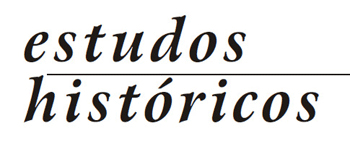Abstract
The conformation of the Uruguayan republican State and its relationship with the liberation of the enslaved is a recurrent subject in historical studies. In order to contribute to this debate, extending it based on notes on the conditions of post-abolition, I present this article taking as guideline an event of the year 1872: the creation of Club Igualdad. Composed of a group of men of color in a context of electoral disputes, the justification for its creation resided in the denunciation that the idea of race had an intrinsic relationship with the access to the citizenship in that emancipated capital ever since the 1840s.
Keywords:
Uruguay; Freedom; Post-abolition; Blacks; Whiteness; Republic
